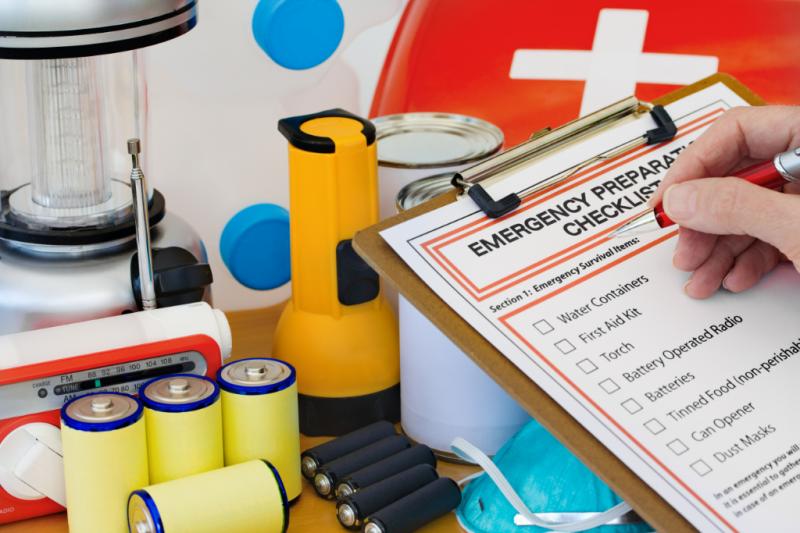How To Prepare For Medical Emergencies

Medical emergencies may occur at any time, so preparing to take good care of your loved ones and yourself during these unforeseen events is essential. Unfortunately, most families don’t have sufficient knowledge on how to deal with disasters, and they don’t have a readily available emergency plan. As a result, the entire family might panic as they deal with the chaos of the confusing situation, which might cause more danger to the patient and other affected individuals.
Instead of being caught unaware during medical emergencies, you need to plan this event carefully. That way, you don’t act anxious while you deal with the patient. Once prepared, you can have everything needed in one place, so you won’t waste precious time gathering essential documents and contacting other relatives about the situation. In turn, you may successfully save the life of the agonizing individual without causing more catastrophic cases.
That said, this article provides you with three strategies for preparing for medical emergencies. Read on to know them.
- Create A Hospital Overnight Bag
Whether you’re heading to the hospital to accompany your loved one for a series of critical evaluations or emergency surgeries, the process can be stressful for the entire family. Fortunately, putting together a plan for the stay by packing a handful of comfort supplies may help lessen the tension. This disaster supplies kit is an excellent way to have all the necessary items in a single location so you can ease the evacuation process.
Your hospital overnight bag needs basic toiletries, such as toothbrushes, toothpaste, dental floss, soap, conditioner, and shampoo. In addition, you need to designate a space inside for your cell phone, earphones, and charger so you can communicate with family members and other institutions. Furthermore, you must prepare a wide array of medical items like the ones at sammedical.com to attend to immediate medical needs such as cleaning and wrapping wounds.
- Save A List Of Vital Information
Emergency hotlines are your immediate go-to whenever a crisis occurs, so you must keep a duplicate of the most vital ones with you. With that, you have to compose and regularly update a list of phone numbers of physicians, family members, and other relevant personnel who are involved in taking proper care of a patient. Also, you need to contact your local emergency medical services to ensure they have your accurate address and information about your loved ones’ condition. That way, they may respond faster.
You also have to keep vital personal information inside a waterproof portable container and store it in a specific place where you can easily access it in an emergency. Some records you should have may include your loved one’s insurance cards, personal identification (ID) card, and other critical documents.
You may also have to keep digital copies of these records on your phone. Store physical duplicates inside your vehicle and prepare necessary documents for others in case you’re unavailable during the circumstance.

- Delegate Caregiving Duties
Although being a temporary caregiver can be a gratifying liability, the experience can be time-consuming and burdensome, especially if you have work or school responsibilities. Therefore, you need to consider setting up a meeting with your family members, friends, and neighbors so you can communicate about the caregiving responsibilities for your sick loved one. This activity is best accomplished in a calm situation where you can initiate healthy communication with them to avoid confusion during emergencies.
As you delegate the tasks to each involved individual, you should also consider their strengths to take advantage of their expert skills that might ease the situation. You must know who’s good at discovering vital information, updating people on changing conditions, or offering positive messages to break heartbreaking news to other family members. Moreover, there might be someone expert at settling hospital bills, assessing reimbursement reports and insurance policies, and monitoring bank statements.
After identifying the strengths of every caregiver involved, you have to consider the limits of these people so you can realistically delegate the crucial tasks. You must know the frequency of the schedule they can afford to travel back and forth to the hospital. Suppose nobody’s consistently available to share these caregiving duties. In that case, you should consider screening local caregivers who are professionally trained to cope with the challenges and demands of long-term care.
Key Takeaway
Since emergencies are often unpredictable, you must prepare your family members and nearby friends to deal with these events. Thus, you need to consider these three strategies in preparing for medical emergencies. Once you do so, these precautionary measures will help you stay calm as you deal with these emotionally draining conditions without causing more detrimental issues.
More to Read:
Previous Posts:








